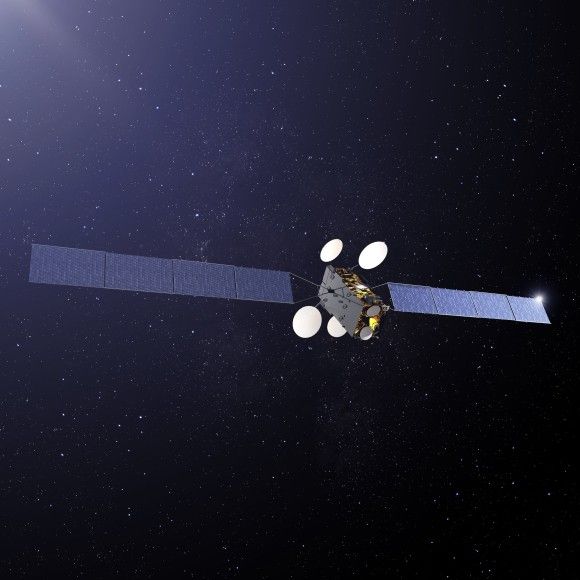Geopolitics
Duda and Cameron Discuss Reinforcement Of The NATO Eastern Flank
President Andrzej Duda, during his visit to the UK, met the British Prime Minister, David Cameron. The meeting covered, among other issues, the points related to bolstering the NATO presence in Mid-Eastern Europe.
President Duda, in his statement quoted by the Polish Press Agency, noted that PM Cameron agreed with him on the issue related to development of the NATO infrastructure, including the infrastructure located in the Mid-Eastern European region. Andrzej Duda highly valued the meeting with the British PM, noting that there is a “wide field for cooperation” between the two states.
Prime Minister reached an agreement with me, regarding the need of development of the NATO infrastructure in Mid-Eastern Europe as well - meaning the reinforcement of the NATO Eastern Flank.
In his statement quoted by The Telegraph, Duda noted that he is driven towards establishing the presence of the NATO infrastructure in Poland along with – in the future – permanent NATO bases. At the same time he said that even though in his opinion, the permanent presence of the NATO forces would be the best variant, “intensified” rotational presence would also be a good solution.
Duda also stressed the fact that he shares the British Prime Minister’s views on provision of sovereignty for the national states, within the EU decision making path. The Polish President noted that, when it comes to the “fundamental” issues, his views are close to those of the British PM. Andrzej Duda claimed, at the same time, that there is a need of maintaining the four basic freedoms that are present within the EU territory, including the freedom of movement across the Union’s territory, provided to its citizens.
After the Ukrainian crisis, the UK was the first European state to deploy – temporarily – an armoured element to Poland. London also takes part in implementation of the provisions made during the Newport NATO summit, including those related to reinforcement of the NATO response force.
The UK, as the only European state, still maintains permanent presence of its armoured forces outside its own territory (in Germany). The representatives of the Mid-Eastern European states appealed to the British government not to withdraw the armoured elements from Germany, and that move is being planned at the moment. Leaving the armoured forces in Germany would make it possible to quicken the reaction to the potential threats emerging in Europe. In a long term perspective this would also enable the UK government to easily deploy the tanks in the Mid-Eastern Europe.
Tightening the cooperation with Great Britain – not only within the area of defence, but also regarding some other issues, including the EU reforms – may have a beneficial impact on Warsaw’s status in NATO and in the EU. The talks did also cover the issue of the inflow of the immigrants. Both Duda, as well as Cameron, expressed their rejection of the quotas imposed by the EU.

